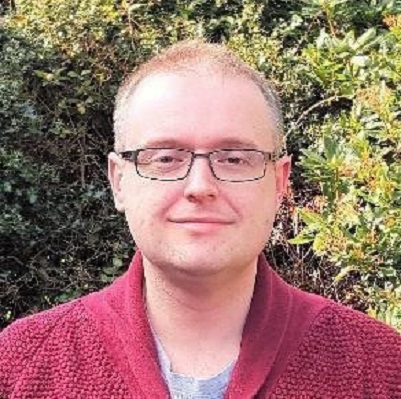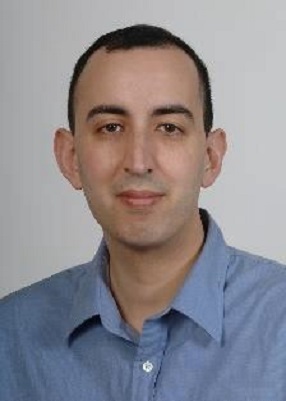A Cultural Exploration of Social Media Manipulators

Abstract:
Internet social media sites enable the rapid and widespread production and dissemi- nation of propaganda. Although propaganda has a long history in warfare, the spreading of propaganda via social media is markedly different from past distribution methods. The authors investigated the relationships between state-affiliated actors who use social media to produce and distribute propaganda and their national cultural values. The results showed that countries that deployed fake news via social media tended to have more masculine cultural values. These findings suggest that specific cultural values are associated with fake news distribution, which may indicate that culturally aware responses may be more effective in responding to propaganda.
AUTHORS

ICFI at US Army Research Labs Aberdeen, MD,
U.S.A.
Dr. Char Sample is research fellow employed for ICF Inc. at the US Army Research Laboratory in Adelphi, Maryland. Dr. Sample is a visiting academic at the University of Warwick, Coventry, UK, and a guest lecturer at Bournemouth University, Rensselaer Polytechnic University, and Royal Holloway University. Dr. Sample has over 20 years’ experience in the information security industry. While Dr. Sample continues her research on modeling cyber behaviors by culture, she has, most recently, focused her research on Fake News, the role of cultural values in cyber security events, and the study of the relationship between human cognition and machines. Her other areas of research interest are information weaponization, deceptive data, and data resilience.

Department of Psychology Bournemouth University Bournemouth, Dorset,
United Kingdom
Dr. John McAlaney is a Char- tered Psychologist, Chartered Scientist, and Principal in Psy- chology at Bournemouth University in the UK. His research focuses on the social psycho- logical factors of risk behaviors, including cyber security from the perspective of the attackers, the targets, cyber security practitioners, and other stakeholders.

United States Army Research Laboratory South University of Texas at Dallas Richardson, TX,
United States
Jonathan Z. Bakdash received the Ph.D. degree in psychology in 2010 from the University of Virginia. He is a Research Psychologist with the Human Research and Engineering Directorate, U.S. Army Research Laboratory, South Field Element at the University of Texas, Dallas. His research interests include human decision-making, human-machine interaction, and cyber security.

Department of Psychology Bournemouth University Bournemouth, Dorset,
United Kingdom
Helen Thackray is a PhD candidate in Computing and Psychology at Bournemouth University in the UK. Her research examines the social psychological factors of group behavior and social identity within online communities, including the impact on cyber security.
Published In
Keywords
Journal of Information Warfare
The definitive publication for the best and latest research and analysis on information warfare, information operations, and cyber crime. Available in traditional hard copy or online.
Quick Links
Archive

